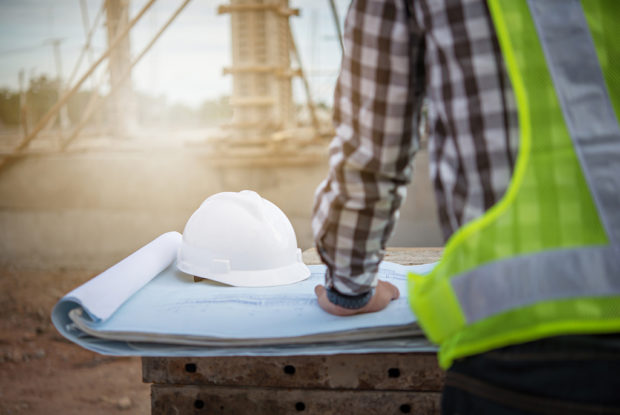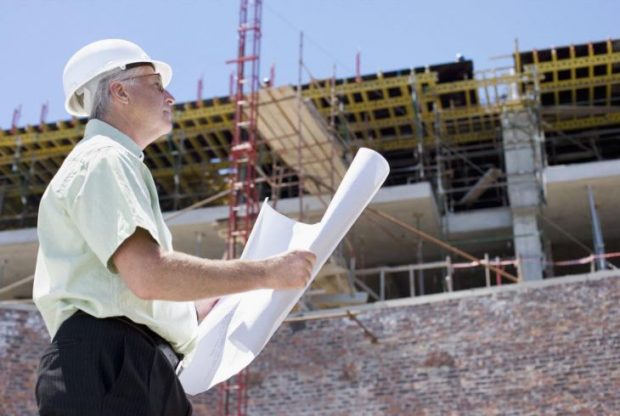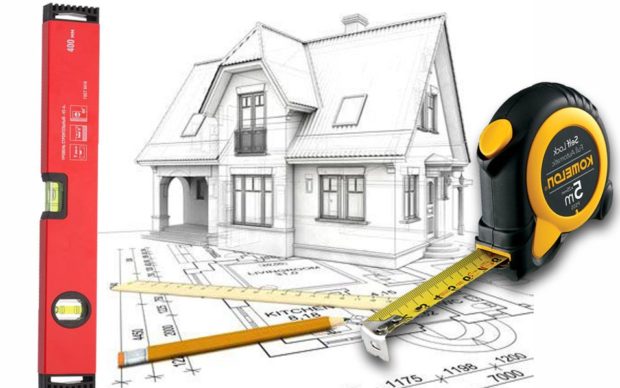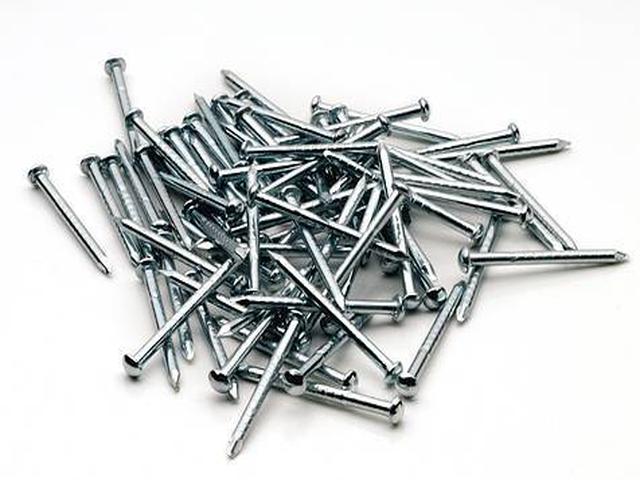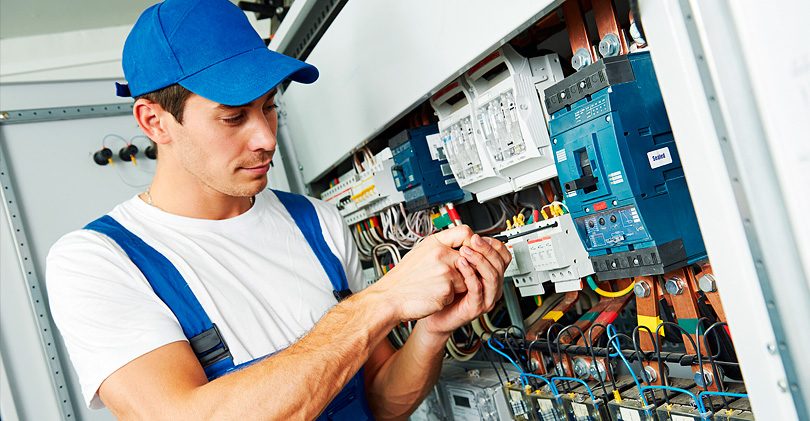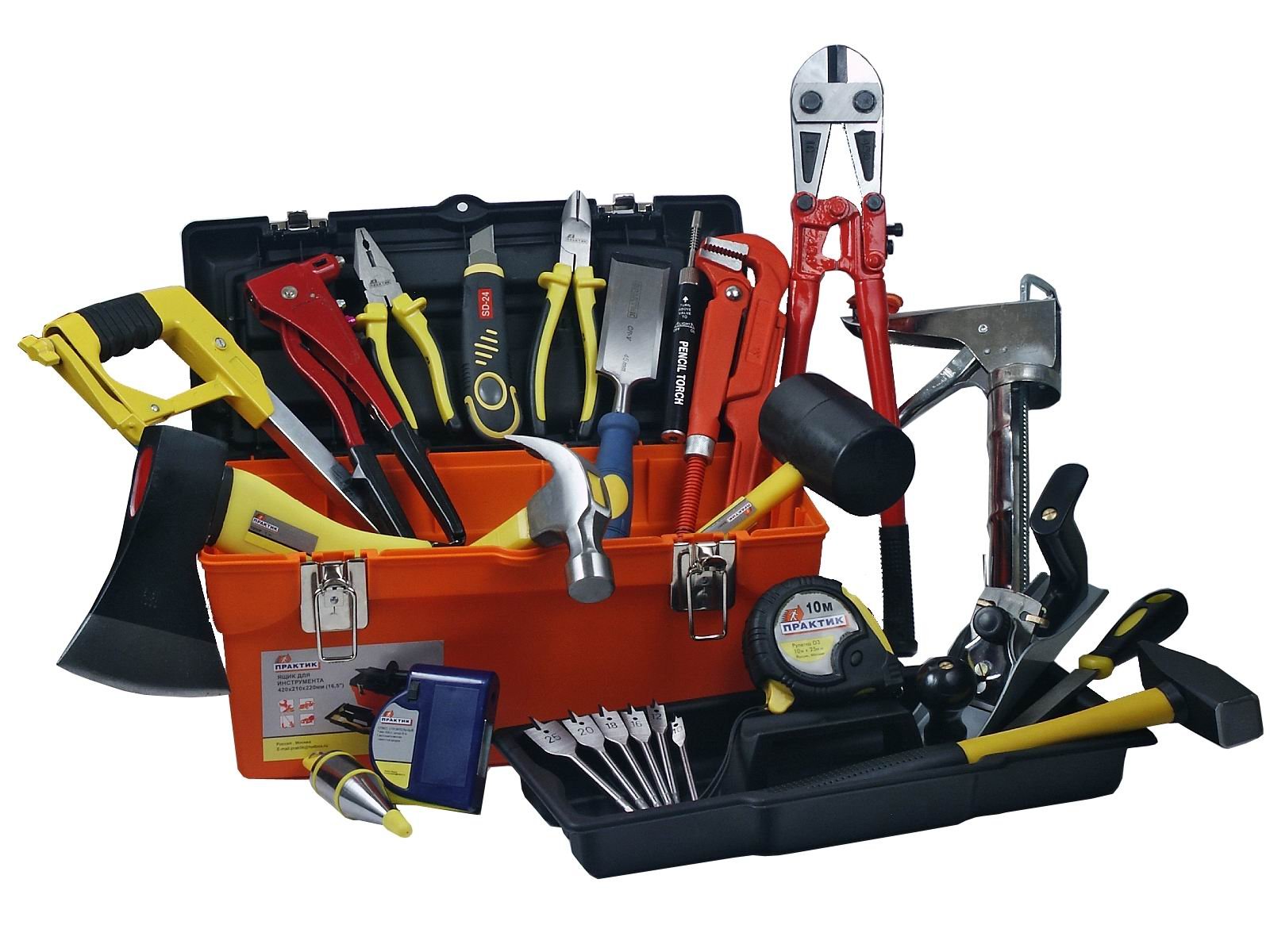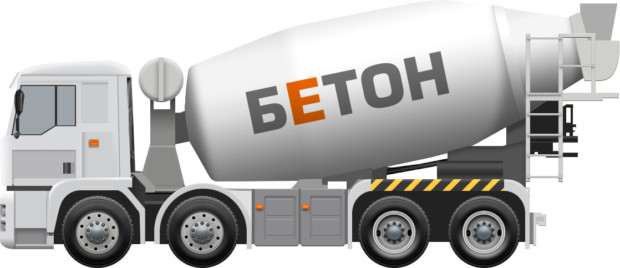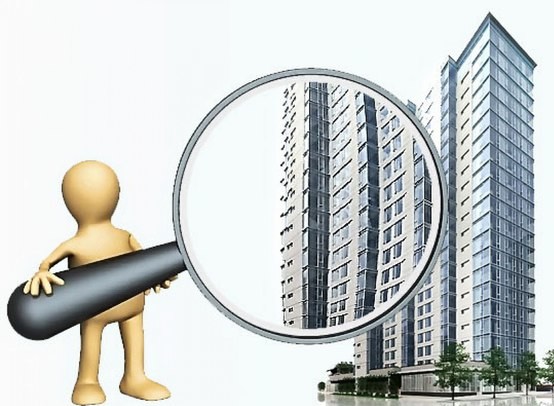Construction control: objectives and procedure
Today, alas, situations are common where the contractor violates the deadline for delivery of the facility, significantly exceeds the budget laid down in the estimate, or even builds in violation of all standards. Such problems can be avoided if strict construction control is carried out over the contractor and its actions are analyzed at each stage of work. For this, there are special organizations whose specialists are well aware of all the nuances of legislation and construction. Thanks to their control, you can be sure that all work is done on time and in accordance with all established rules. Who has the right to carry out construction control, what goals does he pursue and in what order is carried out? We answer all the most important questions.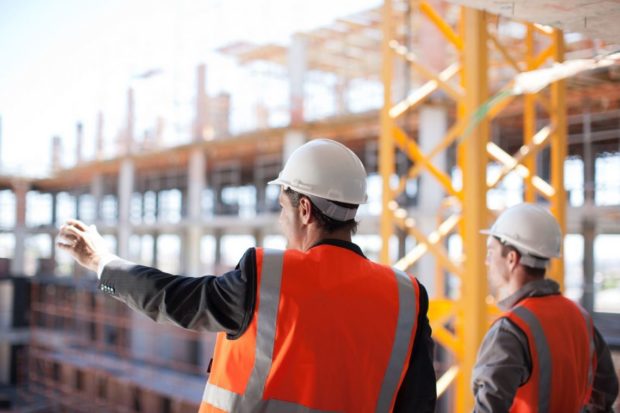
What is the legal framework for building control?
Construction control during the construction of buildings, their reconstruction and overhaul is an a prerequisite for the conduct and delivery of work. At the legislative level, construction control is regulated by Art. 53 Town Planning Code of the Russian Federation. Law obliges to carry out construction control, but gives the right to choose the one who will carry it out. This can be done by the customer, contractor or a third organization. The Civil Code of the Russian Federation (Art. 749) precisely allows the customer of construction works to delegate control of an external organization (legal entity or private entrepreneur) to which a number of requirements are put forward. The Regulation on construction control (No. 468 of June 21, 2010) describes all the nuances that must be followed.
It turns out that construction control is a whole complex of measures, the purpose of which is to accurately follow the estimates and deadlines for building and reconstruction of buildings. Also, the construction control checks whether the contractor uses the materials described in the estimate, does not violate building codes and how well does all the work.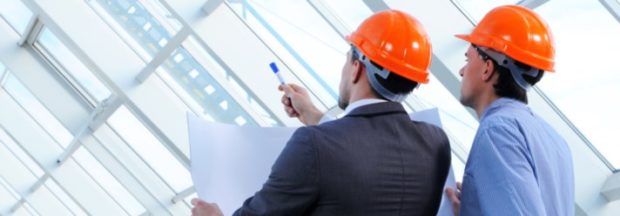
The customer can carry out construction control himself (here, it is rather appropriate to talk about technical control), but this requires thorough knowledge, so often the task control on the work of the contractor lies with the contractor. This is prescribed in the construction contract documents that the customer signs with him. It’s convenient for the customer that there is no need to hire someone else for control, but is this approach beneficial? An unscrupulous contractor, receiving, in fact, unlimited control, can replace expensive materials with cheaper ones, enter into the estimate work that is difficult to verify, overestimate the amount of work and the amount of building material - there are a lot of schemes to get additional benefits. In some contracting organizations the bulk of the profit comes precisely from such not-so-honest sources. The construction control carried out by the contractor himself, of course, will cover up such fraud.
Independent organization, which can also carry out construction control, will allow the customer to save about 15% of the estimated cost of work.Yes, you will have to conclude additional agreements and pay the cost of the work of a third party, but even so, the benefits received by the customer are obvious. That is why today it is customary to hire independent organizations for construction control.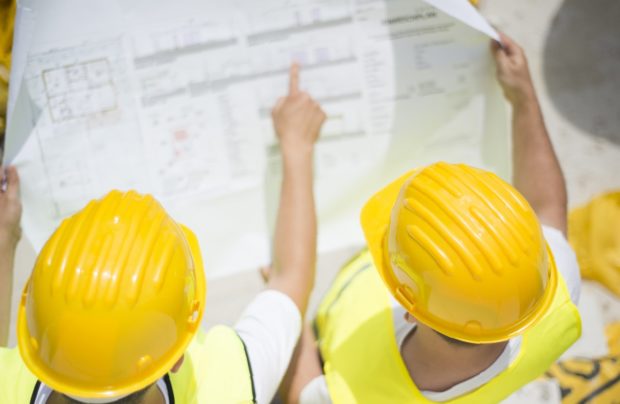
What are the goals of building control?
Construction control services include comprehensive inspections of all types of work. The report indicates compliance with all the rules and regulations, and the construction of the building is subject to deadlines and costs.
The objectives of the control of construction activities are as follows:
- quality assurance of construction work. Errors made by the contractor at different stages of the construction of buildings can affect subsequent operation (distortions, flooding, leaks and other not very pleasant consequences). It is worth noting that the contractor sometimes makes mistakes in technology not on purpose, but because of insufficient competence. Be that as it may, construction control is needed in order to timely identify the fact of violation of the technology of work and fix it;
- ensuring the use of those materials that are provided for by the estimate. The scheme when the material is specified in the estimate more qualitatively and more expensively, and in secret from the customer an analogue is bought cheaper and cheaper, is well known. It is clear that such a substitution can lead to a deterioration in the operational characteristics of buildings, environmental standards and cause very big problems in the future, not to mention the fact that the developer is losing a considerable amount of money. Construction control verifies that the materials and structures specified in the estimate are used;
- cost control. Contractor may overcharge building materials or enter something unnecessary, leading the developer to an impressive and unjustified cost. Construction control checks the correctness of the budget and timely reveals specially or unintentionally made mistakes;
- enforcement of the deadlines as all the work, and the individual stages.
Using the services of construction control, the customer can be sure that all work will be completed within the time specified by the contractor, and the construction created will meet all the requirements of the law, which will avoid problems with Rostekhnadzor. In addition, construction control is also significant cost savings, because the contractor will not have a chance to replace some materials with others or deliberately increase the cost of the estimate. In some cases, the savings reach an incredible 30-50%. In addition, it will be possible to avoid problems such as settlement or collapse of the building, the appearance of cracks and other troubles. The controlling organization in this case plays the role of an intermediary auditor.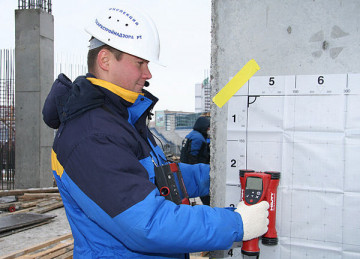
Where is construction control necessary?
According to legislative documents, the scope of construction control is construction, reconstruction and overhaul of buildings and structures. It is appropriate and necessary to apply construction control when it comes to such objects:
- residential buildings and complexes;
- shopping and entertainment centers and business centers;
- Hotels
- industrial building;
- cultural heritage sites.

Which organization can be entrusted with building control?
The safety of the buildings being built mainly depends on the qualifications of the inspection organization. In order for a legal entity or individual entrepreneur to be able to engage in such activities, he must obtain permission from a self-regulatory organization (SRO). The list of requirements that it puts forward is quite impressive, which is not surprising.
If the construction control is claimed to be carried out by a legal entity, then the staff should have at least 7 employees, including at least 2 managers. For individual entrepreneurs, the number of employees is less than 5 people.The staff of the organization carrying out construction control should have a number of narrow specialists, including design engineer, surveyor, architect, surveyor, specialists in ventilation systems, plumbing and electrical work. The manager must have a university degree and at least 7 years of experience in the construction industry.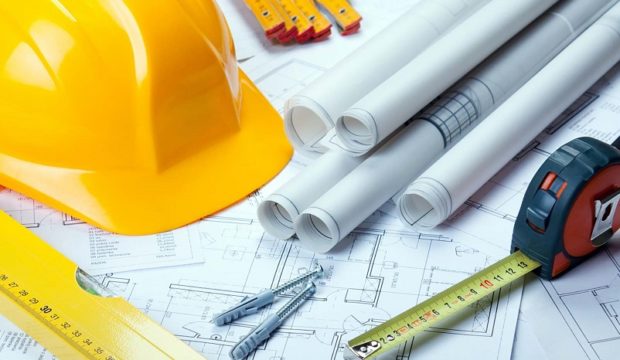
What are the responsibilities of the supervisor?
The surveillance process is a complex multi-step work. The sooner you start it, the more chances to get a strong and high-quality building in the end. For this reason, it is important to contact specialists at the initial stages of the construction, at the planning stage, and to complete the inspection after the commissioning of the facility. Work begins only after discussion of all conditions and the signing of an agreement by the client, which indicates the rights and obligations of both the customer and the inspection organization. All checks are carried out by a group of professionals, each of which specializes in a certain field, or by one engineer - a lot depends on the scale and specifics of the work.
The responsibilities of the company that exercises construction control include:
- verification of project documentation and compliance with its standards;
- checking estimates;
- monitoring compliance with the work schedule;
- quality control of building materials, the availability of certificates for them;
- quality control of work performed and their compliance with regulatory documents;
- monitoring compliance with the rules for the storage of building materials;
- control over the implementation of the scope of work established by the project;
- identification and elimination of violations;
- the implementation of the reception of individual stages of work at the customer with the signing of relevant documents;
- monitoring compliance with safety and labor protection;
- control of executive documentation.
Responsible specialists regularly provide the customer with reports on the inspections performed so that the developer can monitor the progress of the construction in real time and immediately react in the necessary way, should it happen.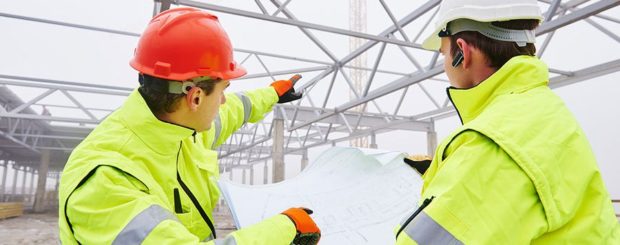
What is the control procedure?
One of the main features of construction control is step check. Some contractors may conceal the true results of each stage of the construction subsequent. As a result, in the future we will either have to come back and correct the mistakes, or if they were not noticed on time, the durability of the building is in question.
Inspection of construction works includes the following steps:
- Revision of documents. At this stage, the provision of all papers for further work by the customer is controlled, the parameters of the geodesy building are consistent, the package is agreed with state authorities, and the project is approved. It also checks the possibility of violating the boundaries of the construction site and the availability of a list of works and materials. In the event that any flaws and inconsistencies are identified, the documentation is handed over to specialists for correction.
- Surveying Network Reception. Specialists carefully check the accuracy of the transfer of coordinates to the area where the building will be built. If everything is done correctly and without errors, they issue the corresponding document.
- Building materials control. Experts evaluate whether building materials comply with existing standards, and whether all the necessary documents for these materials are available. If necessary, laboratory tests are allowed. If it is found that some material does not meet the requirements, it is replaced or work is underway to bring its quality to normative. If the non-conformities are not dangerous, then the materials can be used in construction, but this requires coordination with the customer and government agencies.
- Quality control of work. All works and their results are evaluated for compliance with technical, design and legislative standards.At this stage, the corresponding act is necessarily concluded.
- Control of works that cannot be verified after the subsequent stages of work.

The regulatory body, ideally, should monitor the progress of construction from the design stage to the commissioning of the facility. AND Preparation for construction, and erection foundation, and the creation of the box with subsequent work on cladding and communication, and the final inspection of the object - all this is equally important if the goal is to build a high-quality, reliable and as safe as possible building in all respects.
The frequency of conducting inspection inspections is specified by the project and the level of complexity of the work. After each inspection, reporting documents are compiled, which include a description of violations and excerpts from regulatory documents that indicate the fact of violations, supporting photographs, work schedules and financial calculation tables. If construction control begins to work when some work has already been completed, it is advisable to carry out a preliminary survey of the building.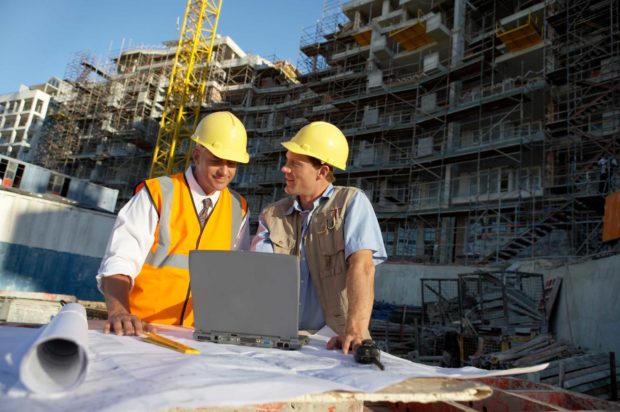
Construction control is not only a verification of technology compliance, but also the peace of mind of the customer, the prevention of unexpected financial expenses. Not all customers are thoroughly versed in the technology of construction. Contractors know this, therefore unscrupulous companies and teams often do not fulfill a number of conditions, and do not carry out certain types of work on time. Hence the deadline, and untimely commissioning, and many other problems. It is for these reasons that customers invite third-party independent experts to carry out construction supervision.
Related entries:
 Independent examination of construction: goals, objectives, benefits
Independent examination of construction: goals, objectives, benefits Is it profitable to rent scaffolding?
Is it profitable to rent scaffolding? 9 Ways to Find a Building Contract, Order, or ...
9 Ways to Find a Building Contract, Order, or ... TOP 8 manufacturers of nails in Russia
TOP 8 manufacturers of nails in Russia 5 tips for choosing and calling a good electrician on ...
5 tips for choosing and calling a good electrician on ... TOP 10 Russian manufacturers of hand tools ...
TOP 10 Russian manufacturers of hand tools ... TOP 9 tips for repairing an apartment in a new building
TOP 9 tips for repairing an apartment in a new building TOP 9 manufacturers of concrete and reinforced concrete products in Magnitogorsk
TOP 9 manufacturers of concrete and reinforced concrete products in Magnitogorsk How to choose nails: types, material, length
How to choose nails: types, material, length 7 features of buying an apartment in a new building on ...
7 features of buying an apartment in a new building on ...

